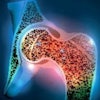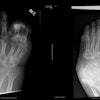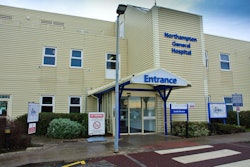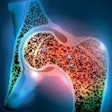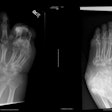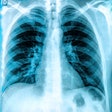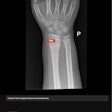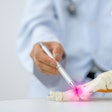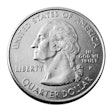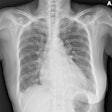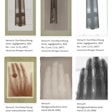A coroner has indicated that an insufficient number of radiologists in England contributed to the death of a 17-year-old amateur boxer. He also expressed disapproval over the quality of care given by hospital staff, including the radiology team, who treated the patient.
Christian Hobbs died from an undiagnosed heart condition at Peterborough City Hospital in 2017, according to an article posted on 25 April by BBC News.
In the coroner’s report (“Christian Hobbs: Prevention of Future Deaths Report”), David Heming wrote that the urgency of his situation was “underappreciated” at the hospital. He pointed out that no information was recorded “in the notes on assessment” of the patient's two emergency x-ray exams.
“I have a concern over whether there are sufficient numbers of radiologists to cover the ever-increasing expansion of imaging as a key diagnostic tool,” he noted. “Further, there seems to be an almost two-tier system – that available in tertiary hospitals (i.e., large, highly specialized hospitals) and that available in district general hospitals (local providers of secondary care).”
Although the patient scans were not documented, an accident and emergency consultant who reviewed the imaging later said he detected soft ground glass opacification, mild upper lobe diversion, and some fluid in the horizontal fissure. There were subtle, but not specific, signs that could be linked to heart failure, according to the consultant.
A forensic radiologist who conducted a retrospective review of the imaging observed mild pleural fluid in the horizontal fissure and the presence of cardiomegaly. Along with some other information, these findings led the coroner to note that an echocardiogram also could have helped answer some of the questions about the patient's heart function.
Patient safety aspects
Heming also expressed anxiety about patient safety at the North West Anglia Foundation Trust (NWAFT) and Cambridgeshire and Peterborough Integrated Care Board (C&P ICB). He said that in 2018 and 2019, the U.K. Care Quality Commission (CQC) underlined the need for improvement following safety inspections. Also, several independent expert reviews have highlighted “sub-optimal clinical care,” and issues arising from the NWAFT seem to exceed the number of cases referred from tertiary hospitals in the region.
“This is a concern, and it is unclear as to whether there has been a deep dive audit/review to look at patterns/trends rather than simply looking at raw overall mortality data,” the coroner pointed out.
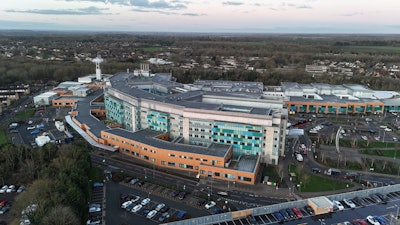 The 612-bed Peterborough City Hospital, located about 70 miles north of London, is managed by North West Anglia NHS Foundation Trust.
The 612-bed Peterborough City Hospital, located about 70 miles north of London, is managed by North West Anglia NHS Foundation Trust.
The patient was admitted to Peterborough City Hospital on 26 December 2017, after his grandfather -- a retired consultant surgeon -- noted at home that he had turned “morbidly white” and was “clammy,” BBC News reported. His grandfather could not find a radial pulse and measured a carotid pulse of 240 beats per minute.
The patient arrived at the hospital at 17:42 U.K. time, complaining of “chest tightness and vomiting.” Just after 20:00, he went into cardiac arrest, and cardiopulmonary resuscitation was started. At 23:45, with the family's consent, treatment stopped, and he was pronounced dead. A postmortem exam found he had arrhythmogenic cardiomyopathy.
The coroner’s report, which followed an inquest that concluded in October 2024, listed 19 specific concerns relating to the patient's treatment. The coroner also noted his concern that funding was not available to help increase awareness among healthcare staff of cardiogenic shock. Additionally, he suggested there could be a lack of general awareness among parents of athletes regarding sudden cardiac death and how to spot red flag symptoms.
The coroner has forwarded a copy to the Royal College of Radiologists (RCR), as well as the NWAFT, C&P ICB, and five other organizations.
“We extend our deepest sympathies to the family of Christian Hobbs," Dr. Katharine Halliday, president of the RCR, told AuntMinnieEurope.com on 28 April. "We have reviewed the coroner’s report and issued our response in full. The national shortfall of radiologists is a critical concern for patient safety. We continue to advocate for growing the workforce to ensure all patients receive the care they deserve."


